

These days, designers have gone way beyond granite—they’ll use just about anything for kitchen and island countertops. We can help you navigate the field. (Skip to the advice posts.)
Kitchen countertops plays a demanding role: as the site of all food preparation, it’s expected to be durable (stain-proof, scratch-proof, and heat-proof), beautiful, and (best-case scenario) economical. With all the many options available today, it’s no wonder choosing a countertop material is a daunting decision.
Where to start? We give you some questions to help you figure out your needs and your priorities. Then you can jump in to read the intel we’ve gathered on what’s out there. We can help you decide on the best option: if natural stone countertops, like marble, granite, limestone, and soapstone, are the right choice. Or butcher block countertop, which is warm and accommodating but needs periodic oiling (on the plus side, you can sand out any nicks and scratches). Durable metal countertop options include zinc and stainless steel.
While these natural materials have ruled the roost in kitchens for many years, so-called solid-surface countertops like Corian are increasingly popular. Then there’s engineered quartz, such as CaesarStone, Celador, and Silestone, made of ground quartz and resins.
And if you’ve ruled out concrete because you remember the late 1980s, when concrete counters were poured onsite, you should know that today’s concrete counters are precast and come in all kinds of colors and finishes.
Ready to get started? The kitchen countertop posts and products below will answer all your questions.
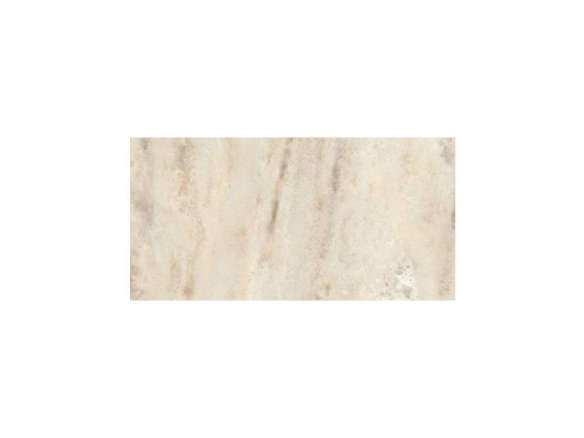
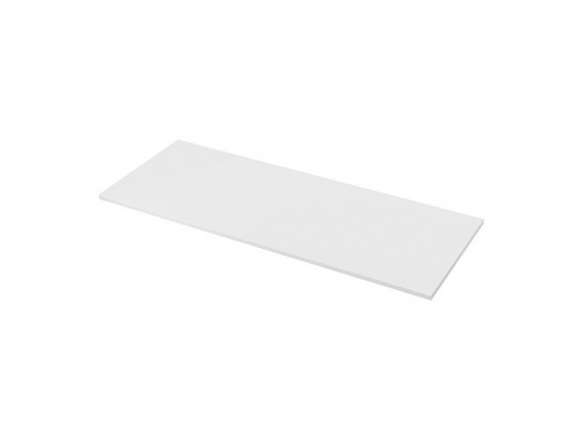
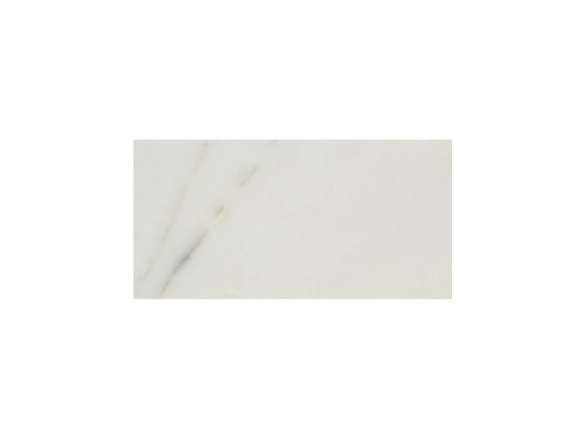
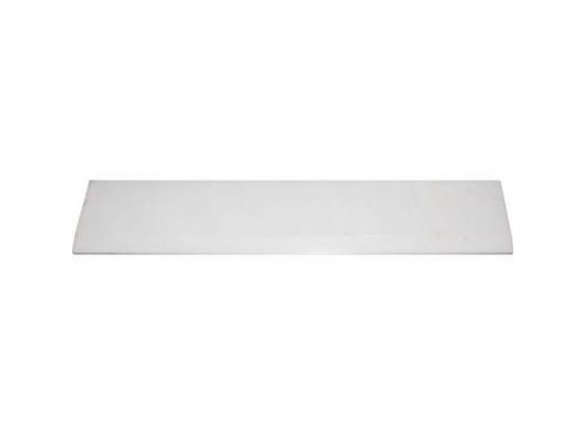
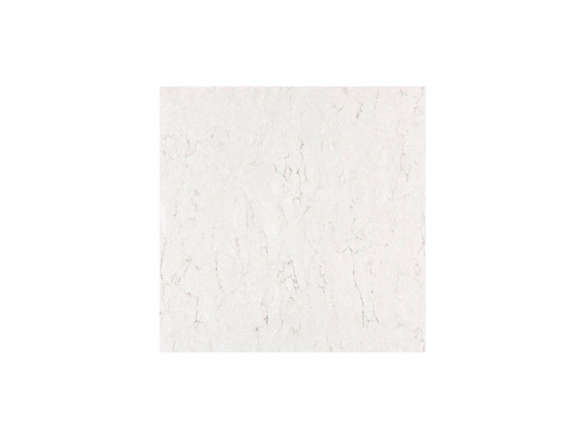

Error: No connected account.
Please go to the Instagram Feed settings page to connect an account.
v5.0
When you register as a free Member of the Remodelista family of websites (Remodelista, Gardenista, and The Organized Home), you gain access to all current posts plus 10 archived posts per month, our internal bookmarking tool, and the community bulletin board.
Member benefits include:
For $5/month ($59.99 paid annually) you'll enjoy unlimited, ad-free access to Remodelista, Gardenista, and The Organized Home and all the benefits of Membership.
Subscriber benefits include:
For $5/month ($59.99 paid annually) you'll enjoy unlimited, ad-free access to Remodelista, Gardenista, and The Organized Home and all the benefits of Membership.
Subscriber benefits include:
Benefits include:
For $5/month ($59.99 paid annually) you'll enjoy unlimited, ad-free access to Remodelista, Gardenista, and The Organized Home and all the benefits of Membership.
Subscriber benefits include:
When you register as a free Member of the Remodelista family of websites (Remodelista, Gardenista, and The Organized Home), you gain access to all current posts plus 10 archived posts per month, our internal bookmarking tool, and the community bulletin board.
Member benefits include:
If at any time you want to become a Subscriber and enjoy unlimited, ad-free access to all our content, just go to the My Account link and choose Subscribe.
Advertising funds our work at Remodelista and helps us provide you with a daily dose of design. We hope you’ll consider disabling your adblocker for Remodelista so we can continue our mission: a well-designed home for all.
Thank you for your support.